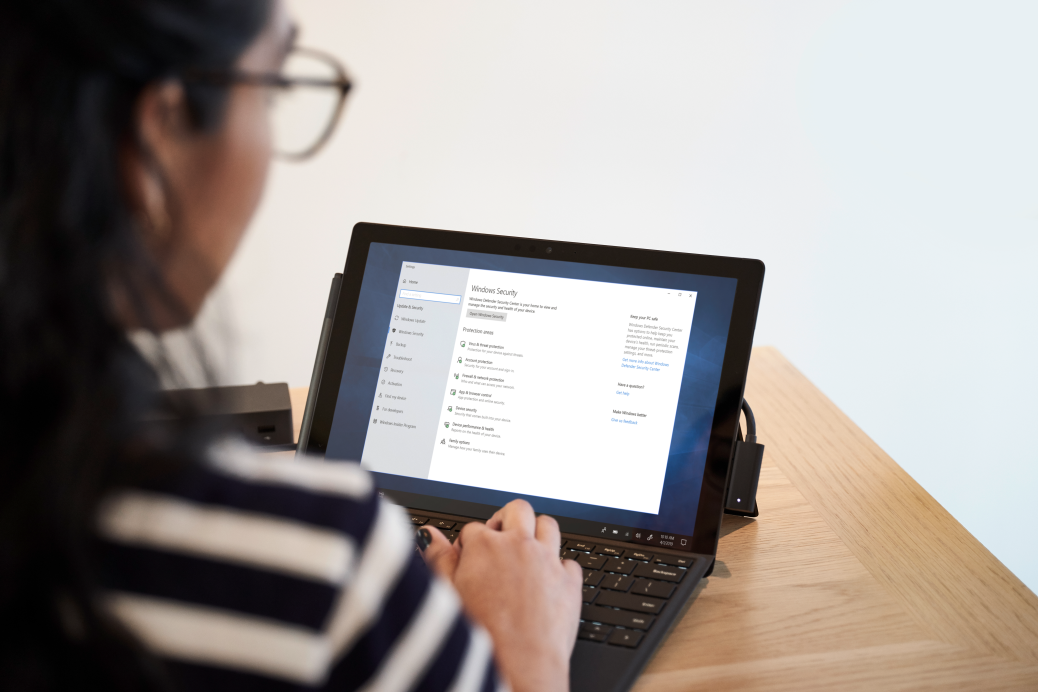Microsoft study finds Asia-Pacific countries report some of the best and the worst experiences online
 By Liz Thomas, Regional Digital Safety Lead (Asia-Pacific)
By Liz Thomas, Regional Digital Safety Lead (Asia-Pacific)
Today, we join others across the globe to celebrate Safer Internet Day, an annual landmark on the online safety calendar. The world has changed since the last Safer Internet Day – with COVID-19 keeping us physically apart, yet closer than ever online. We have sought new ways to connect and communicate for work and play in an unprecedented period of coming together online.
Microsoft’s annual Digital Civility Index (DCI) measures teens’ and adults’ exposure to online risks. In 2020, the global DCI score has dropped to 67, from an all-time least favourable score of 70 in 2019[1], reflecting an increase in overall civility and more people experiencing positive online interactions. The Asia-Pacific region (APAC) did slightly better than the rest of the world in 2020, with a DCI score of 66.
Two APAC geographies sit among the top five globally with the most favourable DCI scores – Singapore (4th) and Taiwan (5th). At the same time, others in the region have reported negative online experiences, with Indonesia ranking 29th out of the 32 geographies, and Malaysia reporting its least favourable DCI over the five years of our study.
More can be done to improve online civility in our region and so, in 2021, we are calling on everyone to embrace the Safer Internet Day theme,” Together for a better internet”. We all have a part to play in helping to make the internet a safer place for all, and especially for children and young people.
Year five of Microsoft’s digital civility research
For five years now, we at Microsoft have celebrated Safer Internet Day by launching the results of our annual digital civility research and the DCI. The latest instalment of the survey included around 16,000 respondents in 32 geographies: polling adults and teens about their online interactions and experiences of 21 different online risks. This year’s research included nine APAC geographies: Australia, India, Indonesia, Malaysia, Philippines, Singapore, Taiwan, Thailand, and Vietnam. You can find the full results here and our global blogpost here.
Mind the digital civility gap
Foreshadowed last year, our findings show that online civility improved in APAC during COVID-19. However, we also saw the risks that spread hate and division continue to grow, with global respondents reporting an increase in experiences of hoaxes, frauds and scams, hate speech and discrimination. Our region wasn’t immune to this trend: for example, the number of respondents reporting instances of hate speech in India doubled since 2016 (to 26% from 13%), and in Thailand, the number of respondents who reported experiencing microaggressions was 18% above the global average.
Better safety and civility in 2021
Respondents were also asked their top wishes for online life in the 2020s. Adults and teens in APAC consistently said they hope to experience more respect, along with safety and civility online. On Safer Internet Day, it’s timely to ask ourselves what we can do to help make these come true.
At Microsoft, we’ll be continuing to encourage every person to take our Digital Civility Challenge. It’s a commitment to make the internet a better and safer place through four challenge ideals: living the “golden rule,” respecting differences, pausing before replying, and standing up for yourself and others.
We’ll also be sharing tips to help keep yourself safe and secure online – check out our resources here and for more frequent updates about online safety, keep an eye on our Facebook (@saferonline) and Twitter (@Safer_Online) pages.
Within APAC, we’ll also be looking for opportunities to work with governments, academics, civil society, and other stakeholders to share best practices on digital safety, to help inform policy and regulatory debates, and to advocate for a respectful, healthy online environment. Digital safety is not just for Safer Internet Day – it’s for everyone, every day.
[1] Note that a high DCI score is indicative of more negative online experiences – a lower score is more favourable.







